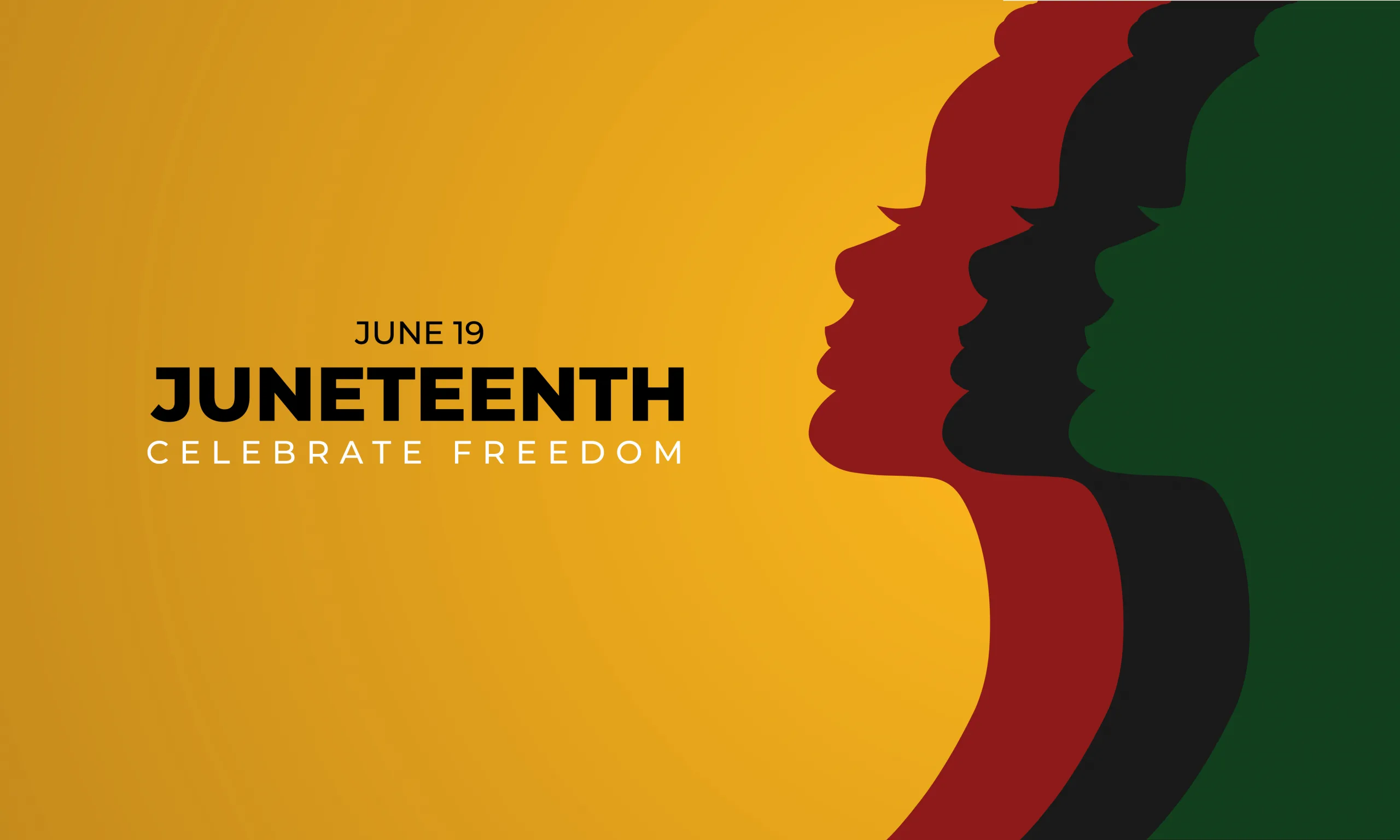Juneteenth
Celebrating Juneteenth: Traditions and Festivities
Juneteenth is a day of celebration and remembrance, marked by a variety of traditions and festivities that honor the legacy of emancipation and celebrate the achievements of African Americans. In this blog post, we explore the rich tapestry of Juneteenth celebrations and the cultural significance of these traditions.
One of the most iconic aspects of Juneteenth celebrations is the parade, which often features floats, marching bands, dance troupes, and community organizations. Parades provide an opportunity for participants to come together and celebrate their shared heritage while also highlighting the diversity and vibrancy of African American culture.
Cookouts and barbecues are another hallmark of Juneteenth celebrations, with families and friends gathering to enjoy delicious food, music, and fellowship. From traditional barbecue fare to homemade soul food favorites, these gatherings serve as a time-honored way to bond with loved ones and share in the joy of the occasion.
Music and dance are integral parts of Juneteenth festivities, with live performances ranging from gospel and blues to jazz and hip-hop. These performances pay homage to the rich musical traditions of the African American community and provide a platform for artists to showcase their talents and creativity.
Educational activities are also a key component of Juneteenth celebrations, with workshops, lectures, and historical reenactments providing opportunities for participants to learn about the history of slavery, emancipation, and the ongoing struggle for civil rights and equality.
As we celebrate Juneteenth, it is important to recognize the cultural significance of these traditions and the role they play in preserving and passing down the heritage of the African American community. By participating in Juneteenth festivities, we honor the resilience and strength of those who came before us and reaffirm our commitment to building a more just and equitable society for future generations.

